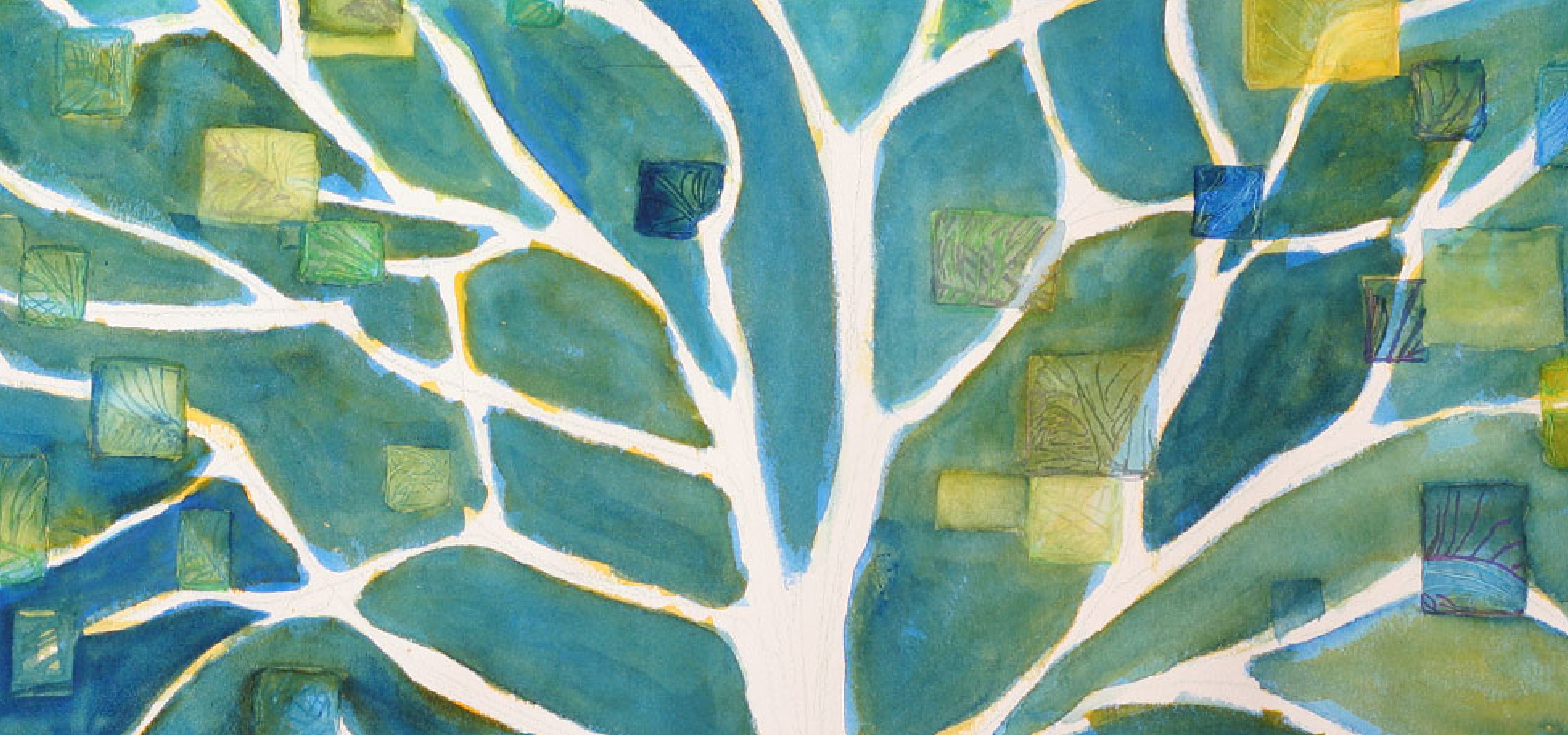
This module explores the intellectual, cultural and social context of psychoanalysis. It asks two questions, which guide our studies throughout the module:
Firstly, does the context of psychoanalysis explain the theories of psychoanalysis, or do they stand beyond their context? One might say, at one extreme, that they are a form of literature or history, and therefore wholly of their context; at the other extreme, one might say that psychoanalysis is a science and, while a study of, say Freud's biography, might tell us a lot about his interests, it tells us nothing about psychoanalysis, any more than biographies of Einstein explains relativity. Is 'context' a meaningful idea?
Secondly, would any account of 'context' be satisfying or complete without a psychoanalytic dimension? Is a biography or a social history adequate without a psychoanalytic dimension?
We might add a third question: Was psychoanalysis simply a product of its culture or did it change the culture in which it developed?
Learning Outcomes
The aims of the module are:
to provide historical, philosophical, and cultural background that will enrich understanding of the origin and nature of psychoanalysis
to foster a critical approach to the history and theory of psychoanalysis and more particularly, to the nature and validity of evidence and interpretation
By the end of the module you should be able to:
show how psychoanalysis emerged out of, differentiated itself from, and continues to develop in relationship to specific but complex socio-cultural conditions (both immediate and long-term);
discuss psychoanalysis with a critical awareness of its diversity and the complexity of its past and of the disputed histories of that past, and of its continual change in the present;
demonstrate how psychoanalysis 'bites its own tail', i.e., provides critical theoretical perspectives both on the events and circumstances of its own past and on the disciplines (e.g., biography, history, philosophy) by which we might try to establish and evaluate its past;
deploy various critical and academic skills (e.g., how to evaluate historical sources, philosophical arguments, or cultural artefacts) in the investigation of the theories and texts of psychoanalysis;
understand the process and limits of interpretation as a form of enquiry.
Firstly, does the context of psychoanalysis explain the theories of psychoanalysis, or do they stand beyond their context? One might say, at one extreme, that they are a form of literature or history, and therefore wholly of their context; at the other extreme, one might say that psychoanalysis is a science and, while a study of, say Freud's biography, might tell us a lot about his interests, it tells us nothing about psychoanalysis, any more than biographies of Einstein explains relativity. Is 'context' a meaningful idea?
Secondly, would any account of 'context' be satisfying or complete without a psychoanalytic dimension? Is a biography or a social history adequate without a psychoanalytic dimension?
We might add a third question: Was psychoanalysis simply a product of its culture or did it change the culture in which it developed?
Learning Outcomes
The aims of the module are:
to provide historical, philosophical, and cultural background that will enrich understanding of the origin and nature of psychoanalysis
to foster a critical approach to the history and theory of psychoanalysis and more particularly, to the nature and validity of evidence and interpretation
By the end of the module you should be able to:
show how psychoanalysis emerged out of, differentiated itself from, and continues to develop in relationship to specific but complex socio-cultural conditions (both immediate and long-term);
discuss psychoanalysis with a critical awareness of its diversity and the complexity of its past and of the disputed histories of that past, and of its continual change in the present;
demonstrate how psychoanalysis 'bites its own tail', i.e., provides critical theoretical perspectives both on the events and circumstances of its own past and on the disciplines (e.g., biography, history, philosophy) by which we might try to establish and evaluate its past;
deploy various critical and academic skills (e.g., how to evaluate historical sources, philosophical arguments, or cultural artefacts) in the investigation of the theories and texts of psychoanalysis;
understand the process and limits of interpretation as a form of enquiry.
- Module Supervisor: Matt Ffytche